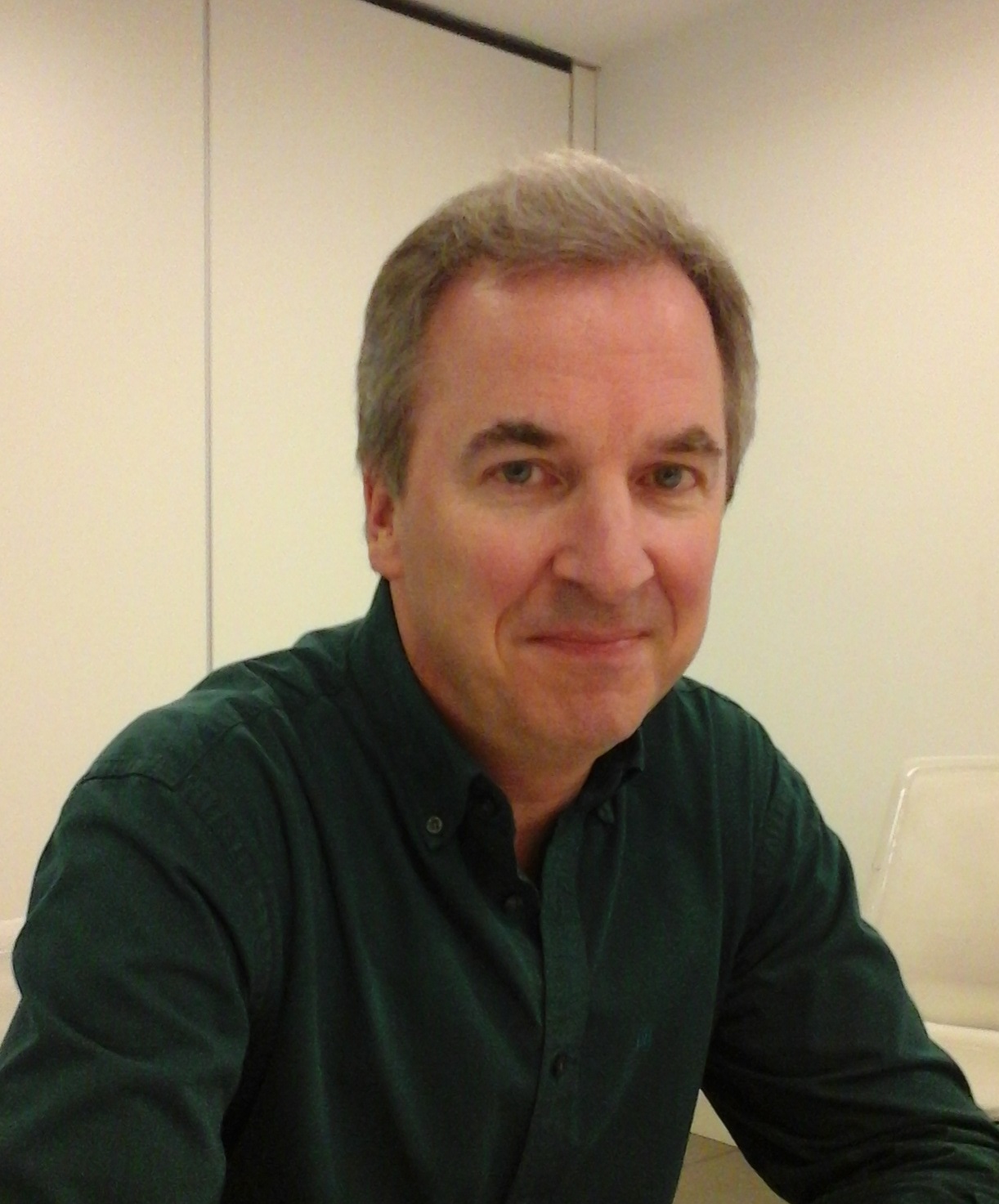The patriotic level. War brings out the worst in journalists. Among many disheartening stories in Seymour Hersh's memoir Reporter is that he alone reported in detail on the order by an American general to attack retreating Iraqis at the end of the Gulf War -- this when the Iraqis had been promised safe passage back to their country from Kuwait. The result was a veritable massacre of unarmed men. "It was a reminder of the Vietnam War's MGR, for Mere Gook Rule," Hersh wrote: "If it's a murdered or raped gook, there is no crime." Weeks before his article, the general got wind of Hersh's investigation and impugned his integrity; his comments were published widely. Reporters rally both to the flag and the official narrative, and they don't like seeing either wrinkled.
Twenty long years after 9-11, the patriotic media as one pounced on Spike Lee over his meager half-hour of skepticism, the basic points of which have long ago been circulated and digested by anyone with an interest in the subject. In his article, Stahl worries that the leader of Architects and Engineers for 9/11 Truth, Richard Gage, "has never had the type of audience that HBO is offering." He even sent a letter to HBO objecting to Gage's appearance.
Which brings us to the top level, that of Thought Police; its symbol is the White House Correspondents' Dinner, where pundits, reporters and movie stars alike chortle over the president's insider humor. Journalists consider themselves a loose sort of club whose duty is to present a smooth narrative and steer the public away from "dangerous ideas." And the idea that explosives, placed in the buildings weeks before 9-11, brought down the Twin Towers and Building Seven is very dangerous indeed.
So the journalist throws in his or her lot with the government, which itself enjoys the home-court advantage in foreign and security policy: Americans, rarely interested in either, blithely accept the government version of events. The journalist does the math: if he or she opposes the official version, their stories will go straight on the spike and their jobs will quickly follow; or they can not oppose, keep their jobs and make useful contributions in other areas of particular interest to them. I would bet that Spike Lee made a similar calculation when he returned to his editing room.
Hence 9-11 truth, like a lot of other truths, falls by the wayside. And when somebody comes along and picks one up and begins a crusade, journalists loathe him. "Gage is responsible for peddling some of the most pernicious and long-running lies about the 9/11 attacks," writes Stahl. Indeed, his article thunders with the rage typical of commentators who have made it big in America's fraught journalistic landscape.
And having made it big, they are not about to say the system that has set them up with prestige, fame, and a fine lifestyle is full of compromises.
Journalists are conservatives. We cannot depend on them, as CNN reporters nauseatingly aver in their self-congratulatory ads, "to go beneath the surface of a story" and "peel away the layers." In foreign and security issues, they are fixed like limpets to the story's surface -- and they hate, they despise those free to dig deeper, and who show them up as frauds.
Happy twentieth anniversary, everyone.
(Note: You can view every article as one long page if you sign up as an Advocate Member, or higher).





